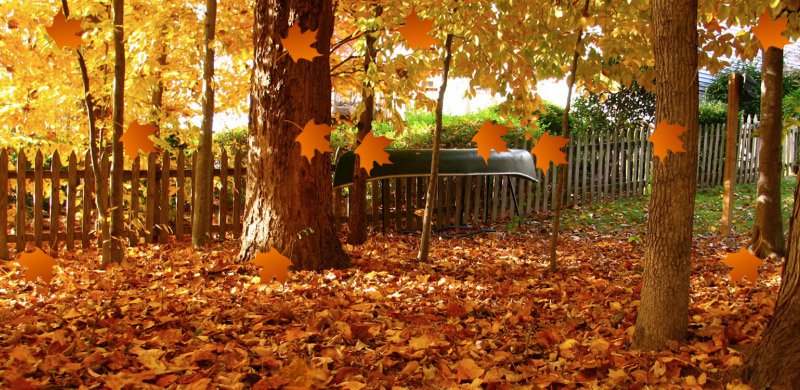Friday
I’ve been so preoccupied with my mother’s cracked rib and lumbar—she will be in the hospital for several days if not multiple weeks—that I’m concluding this week as I began it: with one of my father’s fables. “The Existentialist Leaf” is a good complement to “The Contented Weed” only it’s even more seasonally appropriate, given that it’s about falling leaves.
The Existentialist Leaf
By Scott Bates
An existentialist Leaf
Who had burst from a branch
By reason of season
And sap circumstance
Was released by a powerful
Wind from the tree
Help screamed the Leaf
I’m condemned to be free
After dropping him in a
Petunia bed
You’re wrong said the Wind
You’re condemned to be dead
As I noted on Monday, “condemned to be free” is one of Jean Paul Sartre’s philosophic formulations. Sartre pointed out that, while humans have freedom to make choices, they cannot control the conditions under which those choices are made. Free choice, in other words, is both our glory and our curse.
The poem mocks this stance. The Wind responds that it doesn’t matter whether we are free or not. After all, one truth overrides all others: we will die.
My father was a determinist and a fatalist—having witnessed Dachau three days after it was liberated will do that to one—but these beliefs paradoxically liberated him to devote his life to social justice. If all is pre-determined anyway, we might as well work to make society better. If you know your philosophic history, Sartre’s thesis is a variant of Pascal’s wager.
Interestingly, my father’s philosophy resembles the existential belief that life’s only meaning is the meaning we ourselves make. Even as he mocks existentialism’s emphasis on freedom, Scott Bates was an existentialist in this other sense.
All of which is a lot to lay on falling leaves. But that’s how such fables work.
